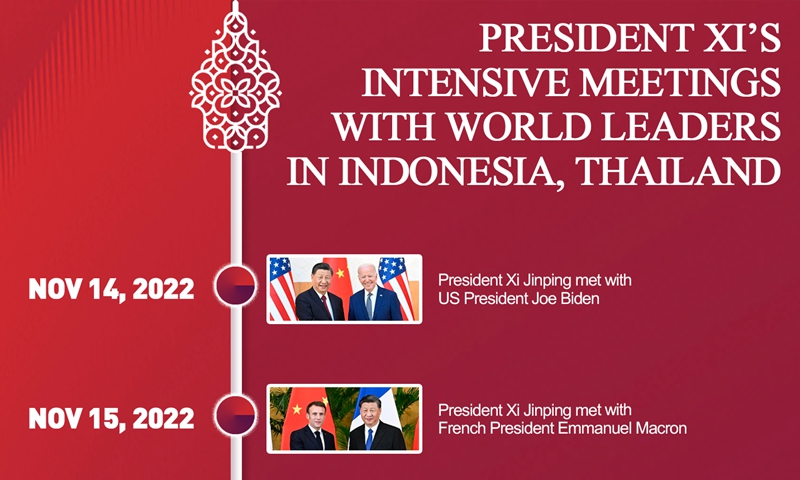The G20 Summit last
week discussed a new phenomenon – economic turmoil beginning in some
major developing countries – even as coordination to prevent
future crises is still elusive.
WHAT a difference half a year makes. At the G20 Summit last week, attention turned to the weakening of the emerging economies.
This was a contrast to previous summits. Then, the major developing
countries were seen as the drivers of global growth, as the developed
countries’ economies were faltering.
For two years or so, the
European crisis was the focus of anxiety. The American economy was also
plagued with domestic problems. The economies of the developing world,
including China, India, Brazil and Indonesia and other Asean countries,
were the safety net keeping the global economy afloat.
But in
its report for the G20 summit in St Petersburg, the IMF had to do an
embarrassing about-turn. It reversed its previous theory that the
emerging economies were on the fast-track and keeping the global growth
going.
It now warned that the stagnation in these countries is now a drag on the global economy.
Developing countries’ leaders correctly point out that their economies
have been victims to the developed countries’ monetary policies,
especially the United States’ “quantitative easing” (QE), under which
the Federal Reserve has been pumping US$85bil (RM283bil) a month into
its banking system.
A lot of this ended up in developing
countries’ equity and bond markets, as US investors searched for higher
yields there, since the US interest rates have been kept near zero.
However, when the Fed chairman indicated the QE would be “tapering off”
and long-term interest rates started rising in response, the capital
invested in developing countries has been flowing back to the US.
Vulnerable emerging economies have been hard hit, and worse may yet
come. Especially vulnerable are those which have a current account
deficit, since they depend on capital inflows to fund these deficits.
The outflow of needed capital and the increased risk have caused their
currencies and their stock markets to plunge. This in turn leads to more
capital outflow, due to anticipation of further falls in equity prices
and in the domestic currency itself. The currency depreciation also
fuels inflation.
Thus, former stalwarts India, Indonesia, Brazil, South Africa, Turkey are now the victims of a vicious circle.
In Indonesia, the currency fell last week across the 11,000 rupiah to
the dollar mark (it was 9,500 a year ago), as the July monthly trade
deficit rose to US$2.3bil (RM7.6bil) and the annual inflation rate hit
8.8% in August.
In India, the currency fell to 68 rupee to the
dollar (from 56 a year ago) before recovering to 65 rupee after a
well-received inaugural media conference by the new Central Bank
Governor last Thursday.
India’s current account balance is running at around US$90bil a year, making it very dependent on capital inflows.
In mid-August, the government introduced limited capital control
measures including restricting citizens’ money outflows to US$75,000 a
person (from US$200,000 previously) and restraining local companies’
investments abroad.
The current account deficits are also
significant in South Africa (US$25 billion in latest 12 months), Brazil
(US$78 billion) and Turkey (US$54 billion), making them vulnerable to
the vagaries of capital flows.
The South African rand has fallen
in value by 18%. President Jacob Zuma blamed the currency slide on the
potential tapering of the US quantitative easing.
“Decisions
taken countries based solely on their own national interest can have
serious implications for other countries,” he justifiably complained.
Malaysia’s currency value has also dropped recently, but the country is
not as vulnerable as it has been running a current account surplus
(US$14.2bil in the 12 months to June). However, the trade surplus has
not been as strong recently and there is always a danger of “contagion
effect”, which we know is often not based on rationality.
Countries affected have a few policy tools to deal with the situation.
One is to try to stabilise the currency through the Central Bank
purchasing the local currency by selling the US dollar.
But this
is expensive, and the country may draw down its reserves, especially if
speculators keep betting that its currency will fall by more. This is
the bitter lesson that Thailand and others learnt in the 1997 financial
crisis.
Another policy measure is capital controls. Ideally this should be imposed to prevent inflows.
But most countries allow the inflows in the good times, and then when
these suddenly turn into outflows, the boom-bust problem if laid bare.
Malaysia in 1998-99 imposed controls on outflows of both residents and
foreigners, which was effective in stopping the crisis. It was heavily
criticised at that time, but now even the International Monetary Fund is
recommending capital controls if the situation is bad enough.
Ultimately there has to be international reforms to prevent excessive
capital flows from the source countries, and developed countries have to
be disciplined so that their economic policies do not have negative
fallout effects on developing countries.
But we will have to wait for such useful international coordination on capital flows and economic policies to take place.
Contributed by Global Trends, Martin Khor
> The views expressed are entirely the writer’s own.
Related posts:
An eventful week on the TPPA
India’s financial crisis a drag on region
Time for crucial fiscal reforms: Malaysia Budget 2014
Currency spikes in London provide rigging Clues!







